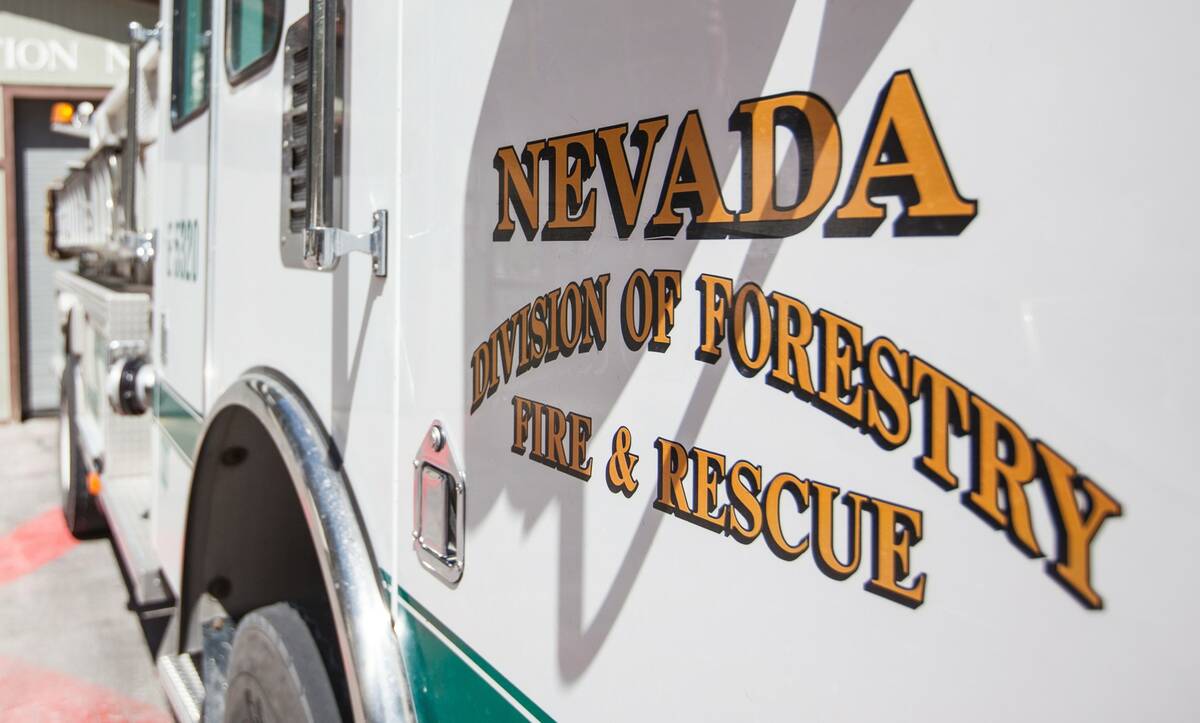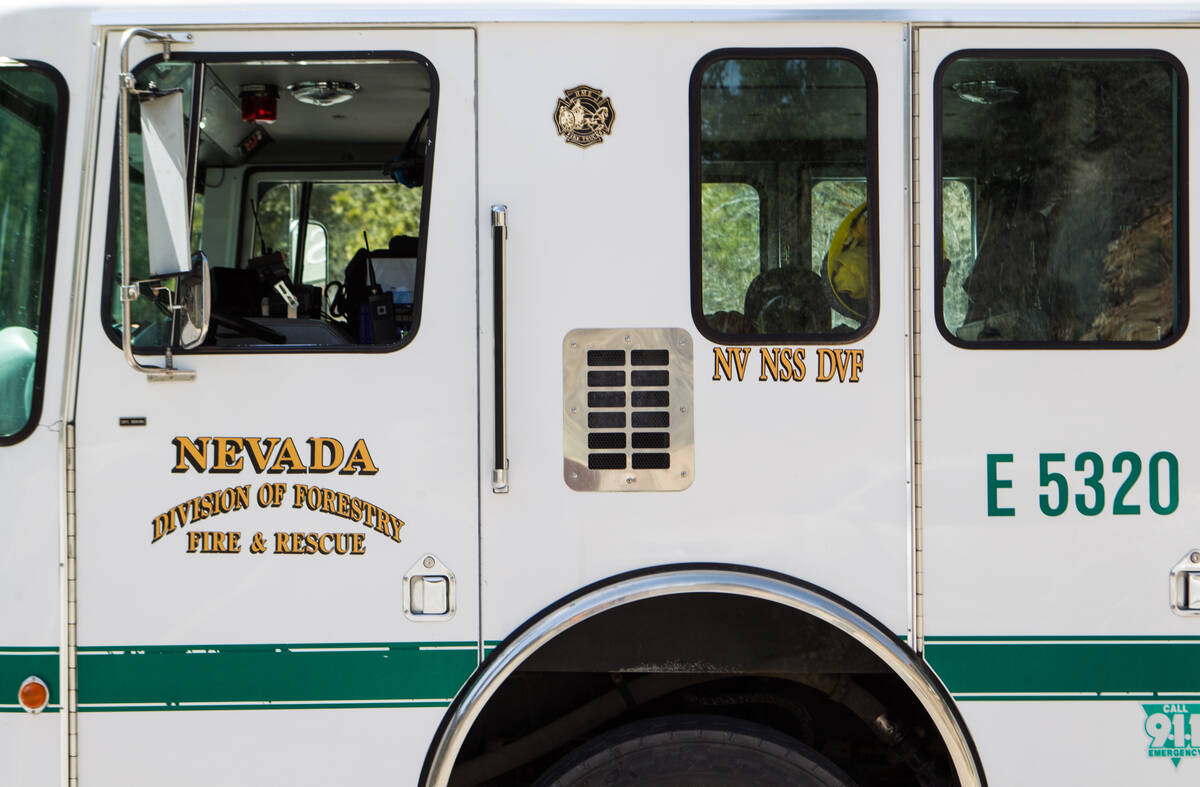Prisoners ‘mocked and ignored’ while suffering burns fighting fire, lawsuit says
A group of incarcerated firefighters from a women’s prison facility in Nevada were told to keep working while their boots and socks melted, causing severe burns to their feet that left them unable to walk, according to a lawsuit filed this week by the American Civil Liberties Union of Nevada.
The lawsuit alleges that some of the prisoners were “mocked and ignored” by Nevada Division of Forestry staff when they complained of injuries while fighting a wildfire near Laughlin in April 2021.
Prison staff then delayed giving medical attention to the prisoners, some who were denied pain medication when taken to University Medical Center, according to the lawsuit, filed on behalf of seven current and former incarcerated firefighters.
The Department of Corrections, the Nevada Division of Forestry and several forestry employees were named as defendants. Neither agency replied to a request for comment on Friday.
On April 20, 2021, a group of 20 prisoners were sent to fight the wildfire for nine hours by clearing out embers, churning burning soil and ripping out tree trunks.
After an hour and a half, the prisoners began to tell their supervisors that their feet were burning, but the forestry employees either ignored complaints or told them to keep working, according to the lawsuit. One supervisor had a woman use duct tape to fix the sole of her boot as it was melting, the lawsuit said.
“This had an impact on all of them,” said Chris Peterson, the legal director for the ACLU of Nevada. “It definitely caused anxiety for those that had to go back out in the field.”
Throughout the day, the firefighters felt their socks melt to their feet. As one woman cried, a supervisor told her, “You can keep crying as long as you keep working,” according to the lawsuit.
Another woman felt that she was threatened with being transferred to a higher security facility if she continued to complain, the lawsuit said.
By the time the prisoners got on the bus to go back to the Jean Conservation Camp, some couldn’t remove their boots or socks and others had to crawl to move around. When one woman tried to take her socks off, “it felt as if the skin on the bottom of her feet was separating from the bone,” the lawsuit said.
Other prisoners had to help that same woman cut the socks off her feet with scissors, the lawsuit said. The prisoners were not taken to the infirmary until the following day, when medical staff found second-degree burns and “extensive blisters” on the feet of four of the incarcerated firefighters.
They were taken to University Medical Center’s burn unit, where hospital staff had to cut away dead skin and tissue from the burns.
“Plaintiffs were informed that they were not given any medication to reduce the pain because they are incarcerated people, and Defendant NDOC does not allow for incarcerated people to receive such medication,” according to the lawsuit.
The Office of the Inspector General investigated the incident and found that the boots given to the prisoners were in “absolute horrible condition” and should only be used a few times before being thrown out, the lawsuit said.
Peterson said that because of the state of the equipment, “there’s no way that other people haven’t been seriously injured.”
In addition to damages of at least $700,000, the lawsuit is asking for a judge to order the Department of Corrections and Division of Forestry to develop new policies surrounding prisoners who are trained as firefighters. The policies requested include practical field training before prisoners are sent into the field, removing damaged or worn-out safety equipment from the Division of Forestry’s inventory and training supervisors to recognize when an incarcerated firefighter is injured.
As of 2021, there were 185 prisoners who had been trained by Division of Forestry to fight fires in the state, and they earn $1 an hour while on the job, according to the lawsuit. Peterson said that under Nevada law, able-bodied prisoners are required to work or go through vocational training.
“Those people deserve for us, as the people of Nevada, to ensure they have the right equipment and the right training to stay safe while out there,” Peterson said.
Contact Katelyn Newberg at knewberg@reviewjournal.com or 702-383-0240. Follow @k_newberg on Twitter.
























